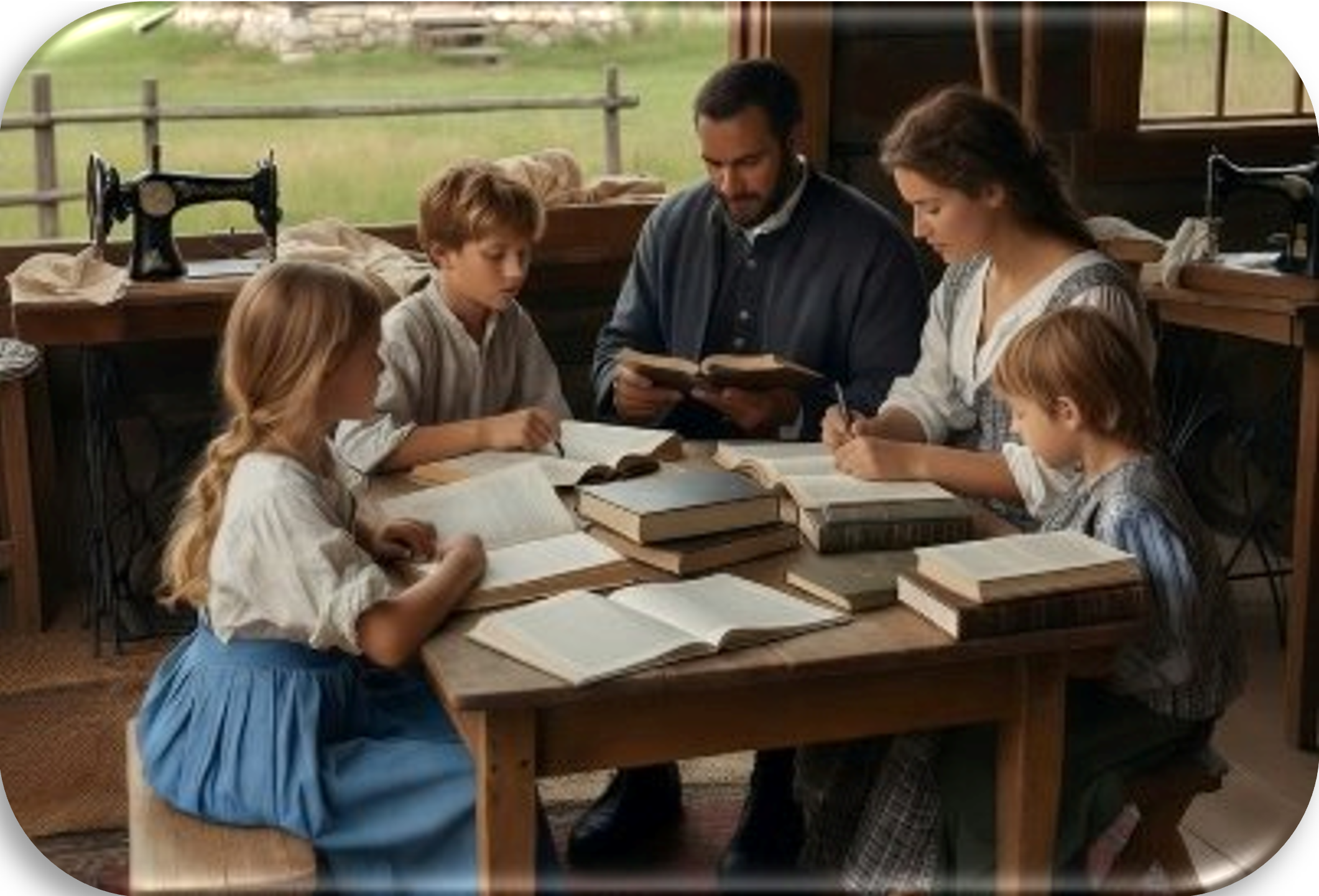The Liberated Learner — Column by Suzanne Kearney
When the Covid lockdowns forced every American family to try out homeschooling, a significant number of parents never sent their kids back. Flexibility, self-paced learning, protection from bullying and peer pressure, and freedom to explore interests and instill family values all played a part in motivating parents to keep their kids home.
Predictably, the educational establishment shrieked their opposition with heightened fervor, most notably in a 2023 Washington Post hit piece and a series of articles featuring Harvard Law Professor Elizabeth Bartholet.
The criticisms spurred a flurry of chatter on the web from disgruntled homeschool graduates complaining of ideological “echo chambers,” low academic standards, and even abuse. A cursory reading inevitably leads to the conclusion that homeschooled students are more intolerant, less academically motivated, and at higher risk of harm. The unspoken assumption, of course, is that the public school system better protects children from these problems. But is that true?
Let’s start with the accusation of ideological isolationism. It is clear from the WaPo piece that “closed-mindedness” is code for Christian values. The writer, Peter Jamison, portrays previously homeschooled adults as fearful, propagandized automatons who reject “contemporary ideas about biology, history, gender equality, and the role of religion…” He further writes, “…homeschooling became a tool for binding children to fundamentalist beliefs they felt were threatened by exposure to other points of view.”
So, what are some of these enlightening “points of view” the public education system is offering?
In “science” class, kids learn that they evolved from pond scum and thus have no God, no meaning, no hope, and no eternal purpose. In “social studies,” they are told they are either racist oppressors or hopelessly oppressed, that their country is irredeemably evil from its inception, and that the American flag is a symbol of “white supremacy.” Schools promote the “gender transitions” of minors while encouraging all imaginable forms of perverse sexual activity.
Christian prayer has been disallowed while the Quran is promoted. How has that fared for our society? According to the CDC, “Youth in the U.S. are experiencing a mental health crisis.” Depression, attempted suicide and suicidal ideation, overdose deaths, and sexually transmitted infections continues to rise. In comparison, according to the National Home Education Research Institute, “87% of peer-reviewed studies on social, emotional, and psychological development show homeschool students perform statistically significantly better than those in conventional schools,” and “Adults who were home educated are more politically tolerant than the public schooled in the limited research done so far.”
Score: Public School—0, Homeschool—1.
Next, academic neglect. Some homeschooled adults have voiced grievances about supposed lack of rigor in curriculum, “expertise” in teachers, missed educational opportunities, and “questionable” data on comparative test scores between home vs. publicly educated students.
One point of “proof” is a single study claiming that homeschooled students are less likely to pursue advanced degrees. Assuming that the failure of a high school graduate to attend college is evidence academic neglect (a big assumption in itself), how should we respond to this?
Here is the comprehensive data: homeschooled students “typically score 15 to 25 percentile points above public-school students on standardized academic achievement tests,” and “78% of peer-reviewed studies on academic achievement show homeschool students perform statistically significantly better than those in institutional schools.”
Furthermore, “69% of peer-reviewed studies on success into adulthood (including college) show adults who were home educated succeed and perform statistically significantly better than those who attended institutional schools,” and “they go to college at a similar rate and succeed at college at an equal or higher rate than the general population.”
Cherry-picking isolated studies and quoting select vignettes of a few dissatisfied homeschool graduates fails to portray the full picture when evaluating home education as a whole.
Score: Public School—0; Homeschool—2.
Finally, abuse. Critics claim that students taught at home are less likely, if suffering from abuse, to have that abuse reported. While that may be true, it is incorrect to therefore assume that the homeschool demographic is more likely to be abused.
In fact, an overview of the research indicates that “homeschool students may suffer less harm (e.g., abuse, neglect, fatalities) than conventional school students.” Critics also fail to mention the prevalence of abuse inflicted upon students by public school teachers themselves—a statistic reaching 1 in 10 by some estimates. Loving parents seeking to protect their children from predators in the schools would likely find homeschooling a more reasonable choice in such instances.
Score: Public School—0; Homeschool—3.
The moral of the story is this: if you are a parent considering homeschooling, do not be swayed by the naysayers. Remember that statistics are just that: statistics. They need not define you; your homeschool is what you make of it.
Any child taught one-on-one by a loving parent and like-minded others, is likely to succeed in the things that matter—relationships, responsibility, maturity, carrying on the family’s values, and, yes, academics. You know yourself and your child better than anyone else. Why not seize the opportunity before it is gone?









